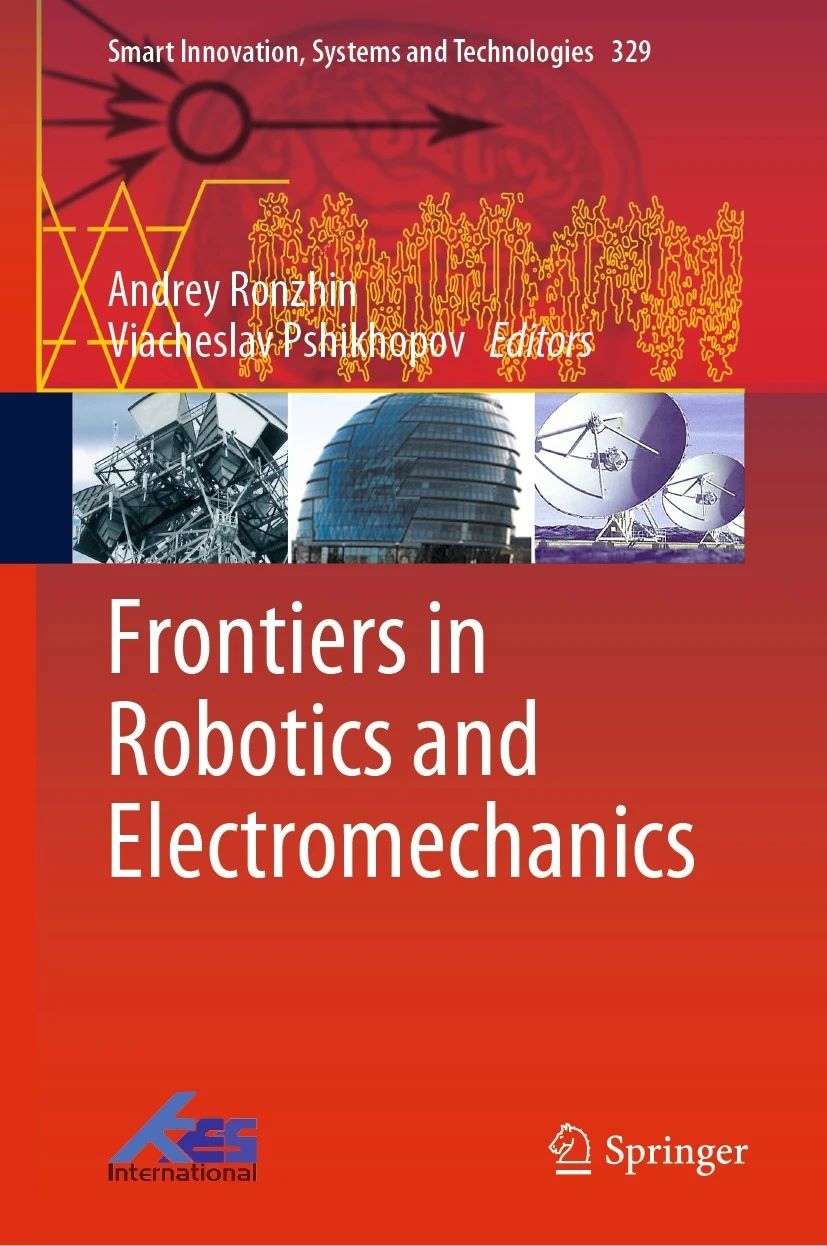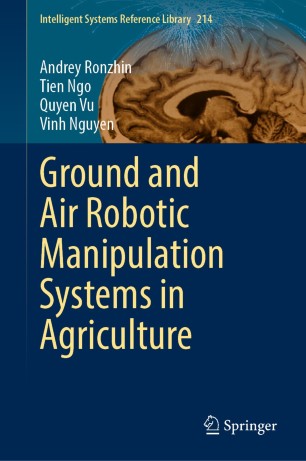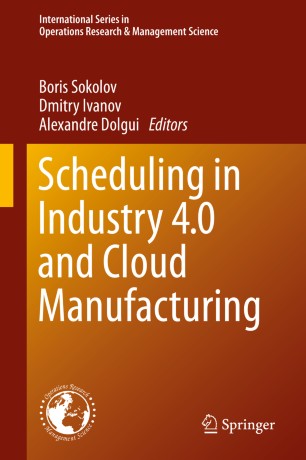


It uncovers fundamental principles and recent developments in the theory and application of scheduling methodology to cloud manufacturing and Industry 4.0.
Bridging the scheduling theory to cloud manufacturing and Industry 4.0 systems.
Systemizing new developments and deciphering taxonomies and methodological principles to shape the new research domain scheduling in cloud manufacturing and Industry 4.0 systems.
Innovative applications of scheduling in cloud manufacturing and Industry 4.0.
Consideration of models with only terminal constraints, with hybrid terminal-logical constraints, and with hybrid structural-terminal-logical constraints.
Analysis of computational algorithms.
Data-driven scheduling models and analytics.
Unique multi-disciplinary view with utilization of operations research, industrial engineering and computer science techniques.
